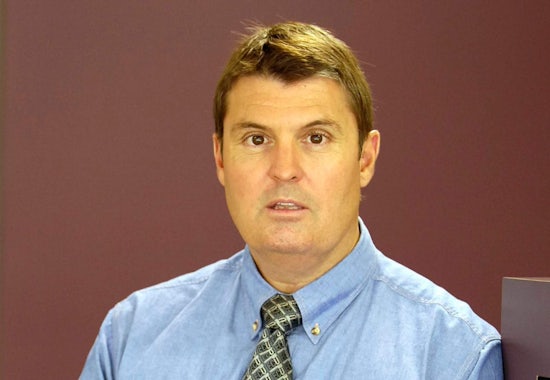Use exercise as ‘medicine’ in care
Using exercise as ‘medicine’ in residential aged care may help to reduce decline in strength, body composition and functional ability – particularly in cancer patients, according to Professor of Exercise Science, Rob Newton.

Professor Rob Newton claims exercise is a medicine that treats, or even cures, every known chronic disease simultaneously and with absolutely no side effects.
Professor Newton will be keynote speaker at The Bethanie Medallian event this Wednesday (15 October 2014).
Bethanie is a Western Australian retirement living and aged care provider.
Professor Newton’s research activities focus on the effects and mechanisms of exercise as medicine for reducing decline in strength, body composition and functional ability in cancer patients; cancer related fatigue, progression free and overall survival.
Speaking ahead of the event, Professor Newton claims exercise is a medicine that treats, or even cures, every known chronic disease simultaneously and with absolutely no side effects.
“Appropriate exercise prescription more than doubles cancer survival and recent research demonstrates it greatly suppresses tumor growth,” he says.
Celebrating its eleventh year, The Bethanie Medallion is an honorary citation presented in recognition of an individual or organisation that has consistently delivering an exceptional standard of service within the aged care sector.
The Bethanie Medallion is an honorary citation presented in recognition of an individual or organisation having a history of consistently delivering an exceptional standard of service within the aged care sector.
It is designed to recognise the people who serve and support Western Australia's ageing population and nominations are opening soon for all volunteer individuals, organisations and professionals who contribute to aged care.
This includes doctors, nurses, allied health professionals, care workers, volunteer organisations, students and individuals or anyone making a difference in the aged care community through their work.
Laurette LeCras, Bethanie outreach manager, says The Bethanie Medallion was created to recognise and commend the “unsung heroes” in the community.
“This year is a special year for the Bethanie Medallion as we celebrate 60 years as leaders in the aged care industry. For the past 11 years this accolade has recognised people who give unselfishly to others, serve above and beyond the call of duty, seek to enrich the lives of others, and simply make the lives of elderly citizens easier and more enjoyable,” Ms LeCras says.
Winners will be announced at the Bethanie Medallion Awards Luncheon this Wednesday in The University Club of Western Australia.










